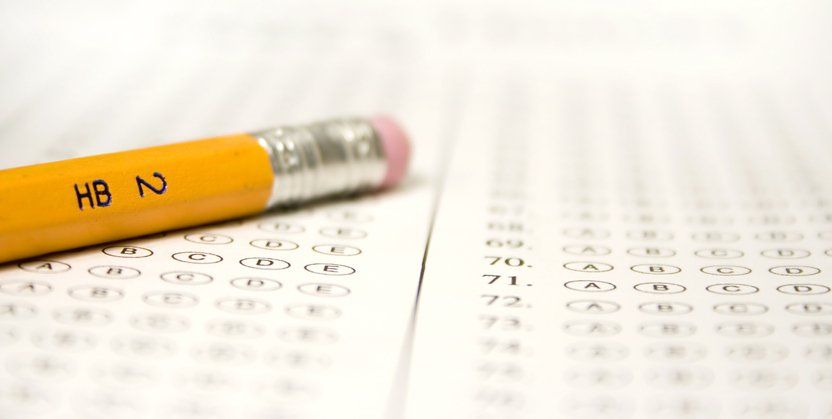This page is licensed under Creative Commons under Attribution 4.0 International. Anyone can share content from this page, with attribution and link to College MatchPoint requested.
How Parents Can Help Their Teenager Recover From The Pandemic Learning Loss
As a parent, you want what is best for your high school student. You may be concerned about the pandemic learning loss and how it will impact your child's future. While it is certainly a cause for concern, there are steps that you can take to help your child recover from the pandemic learning loss. By working together, you can support your high school student and help them get back on track. Here are some tips to get started.

Help them understand where they are academically
Knowing where you stand academically can help you set realistic goals and plan most effectively for your future. To truly understand your rigor level, it's important to assess the difficulty of your courses. Ask yourself questions like: How much do I have to study to maintain a good grade? How often am I challenged in class? How does my workload compare to others' in my classes? By developing an accurate understanding of how difficult your academic course-load is, it will be easier for you to set lofty career goals that best fit with the rigor of your classes.
Identify what classes or subjects you need help in
Everyone needs help in certain classes or subjects at some point during their academic career. It's okay to recognize that something isn't coming easily, and to reach out for assistance. Knowing what areas of the curriculum you need help with is the first step towards getting the support that you deserve. Asking those around you and searching for resources can be invaluable when it comes to improving your understanding of difficult topics. Taking pride in being proactive about finding the best resources is key to succeeding academically. Above all, don't be afraid to ask for help if you feel overwhelmed by a course – teachers, mentors, and family are there to provide invaluable guidance along the way.
Create a study plan and stick to it
Creating a study plan can be daunting, but it's worth it in the end. Taking a few moments to figure out what works best for you and your studies is essential for success. Break up large tasks into manageable chunks and allow yourself incentives along the way -- like taking 15-minute breaks or treating yourself to a snack -- to help keep yourself motivated and engaged. You should also note any areas of difficulty; familiarizing yourself with those topics helps you stay on track with them. Having a comprehensive plan will ensure that you can effectively manage your time, learn more efficiently, and get closer to achieving your academic goals.
The most important thing for students struggling to recover from learning loss is to identify where you need help and then take steps to get the help that you need. Talk to your guidance counselor about taking summer classes or credit recovery courses. Get a tutor in the subject or topics you're struggling with. Create a study plan and stick to it. Don't give up and know that there is light at the end of the tunnel!


